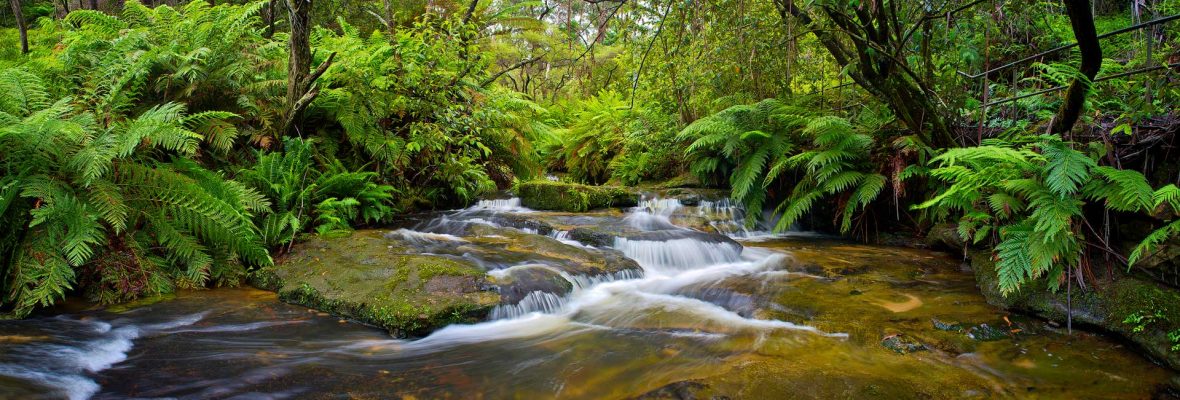My ethics are constantly evolving and hopefully improving. I encourage everyone to follow similar principles when bushwalking.
Go hard, go far, go light.
Think safe, be safe:
- Research before you go and know the likely conditions (track, weather, shelter, water etc…) that you can expect.
- Take gear that is appropriate for expected conditions.
- Know how to navigate using a map and compass.
- Know what to do in emergencies.
- Learn First Aid and know how to handle illness and injuries.
- Carry an emergency alert device like a SPOT, PLB or mobile phone.
- Know how to cross rivers and streams safely.
- Learn to monitor the weather and know when a change conditions are coming.
- Be self reliant.
Tread softly on the track:
- Go solo when you can! You will love it.
- Keep group size small. Four to six people is ideal.
- Use existing tracks.
- If it is wet or muddy (ie. Tasmania) plough on through – it is part of the experience and reason why you are out there in the first place.
- If it is zig-zaggy don’t cut corners.
- When there isn’t a track, fan out to limit the impact on one area and prevent new tracks forming.
- Likewise for sensitive areas like button grass plains, spread out.
- Wear lightweight, soft-soled walking shoes rather than heavy boots. Not only will the bush thank you for it but your feet/legs will too.
- Know how to navigate and avoid placing route markers like cairns or blazes.
Use proper toilet etiquette:
- When nature calls, do the dead at least 100 metres from campsites and water sources.
- Always go down stream from water collection points.
- Carry a lightweight trowel or a large aluminium tent stake to dig a hole at least 15cm deep.
- Thoroughly bury your crap and toilet paper.
- In snow, dig through the snow first, then dig a hole in the ground.
- Carry out anything that will not easily decompose.
- Don’t spread you germs, use alcohol hand sanitizer.
Keep water pure:
- Wash well away from the edge of any water body to prevent soap, detergent or toothpaste from getting into natural water systems.
- Don’t let food scraps or oils from cooking utensils get into water sources.
- Always swim downstream from where you draw drinking water.
If you pack it in, then pack it out:
- Remove all your rubbish.
- Carry a zip lock plastic bag. If you find litter left by irresponsible people along the track or around a campsite, show you care for the environment, even if others don’t, by removing it as well.
Be safe with fires:
- Respect fuel stove only areas.
- Know the weather conditions and fire regulations for the area you are going into.
- If you expect that a Total Fire Ban may be declared while you’re out there, take a radio and monitor weather and TFB announcements.
- Do not light fires on Total Fire Ban days.
- If you do need to build a fire use established fireplaces or existing fire pits.
- If you need to build a new fire know your regulations. This will often require a small pit to be dug and an area of cleared ground to be established.
- Don’t build stone fire rings around your fire.
- Keep fires small.
- Fire doesn’t destroy foil or glass, and plastics release toxic gases when burnt. If you pack it in, pack it out.
- Completely extinguish your fire before you leave. Use water to extinguish and use your hand to feel for heat.
- Scatter you ashes away from your campsite and cover any scar you with local materials to remove all trace.
Minimise campsite impact:
- Use designated tent areas where they are established.
- If tent platforms are there, use them.
- If bush camping, select a site that will negate the need to clear vegetation or remove rocks to enable your shelter to be set up
- Don’t dig run off drains around your shelter. Use a waterproof groundsheet or shelter with a sewn in floor to avoid floods.
- If you have to clear ground to create a site, rehabilitate the site before you leave.
Protect plants and animals:
- Don’t disturb wildlife. Remember, you are in their home.
- Watch where you put your feet. Walk around delicate plants and give snakes a wide berth.
- Don’t feed birds and animals. Unnatural food can be harmful to many species and they may become pests.
Respect Aboriginal Heritage:
- Many places have spiritual or cultural significance for indigenous people. Treat such places with consideration and respect.
- Obtain permission from traditional landowners or the relevant land manager to visit sensitive areas.
- Leave Aboriginal relics as you find them.
- Don’t touch paintings, rock engravings or burial sites.
Respect landholders and managers:
- Obtain permission to enter private property.
- Leave gates and slip rails as you find them. If you opened it, close it.
- Abide by local rules and regulations.
Camp etiquette and respect for others:
- Leave the electronics at home or use head phones. There noises are out of place in the natural environment, particular at night when sound travels further.
- Ensure your behaviour and activities don’t disturb others.
- Camp as far away from other groups as conditions allow.
- Ask permission to use another groups going campfire.
- Don’t disturb a fire that people are cooking on.
- Respect people’s food – don’t step over it if it’s uncovered.
- Don’t exclude others from using facilities like benches, clothes lines etc…
- Do your share of firewood and water collection.
- Help clean up before you leave.
- Sweep out alpine huts before you leave.
